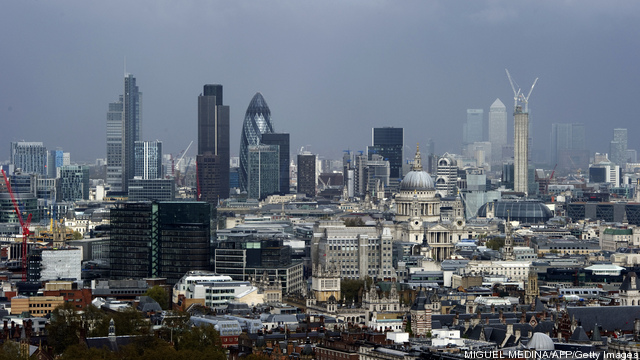
UK consumers care about price – that much is clear from the Vestas Global Consumer Wind Study 2012. And well they might. Government figures for 2011 show that the annual average electricity bill rose by £36 to £453 from the previous year.
It’s a trend that is never likely to be reversed. Electricity prices started to rise sharply from 2004 when the UK became a net importer of natural gas. Around 28% of the UK’s electricity fleet is gas-fired. This connection between fossil fuel imports and high energy prices is not lost on consumers – 77.5% of GCWS respondents expressed very high or moderately high levels of concern about dependency on fossil fuels. Keep reading →







